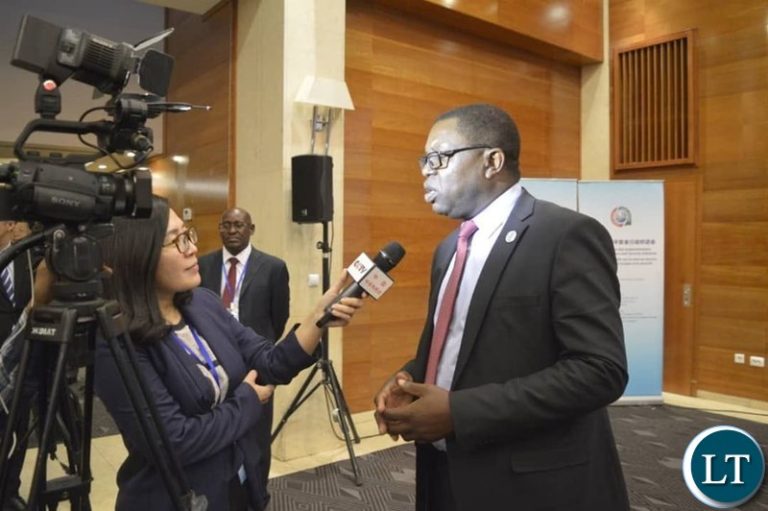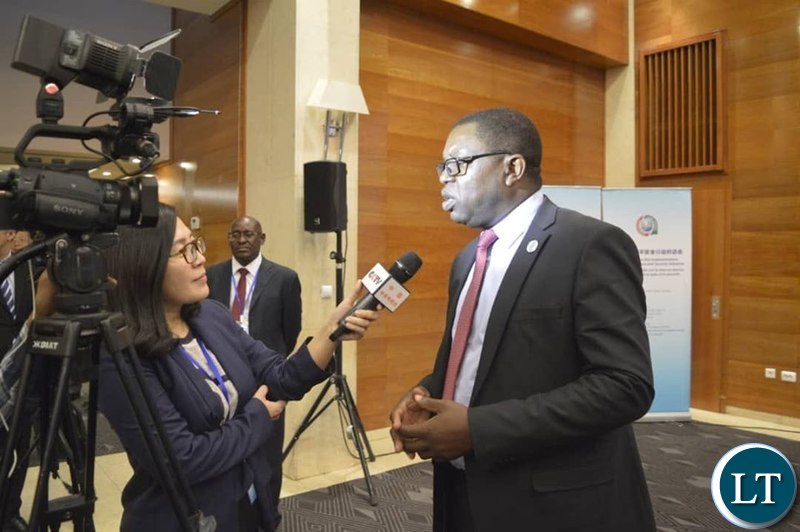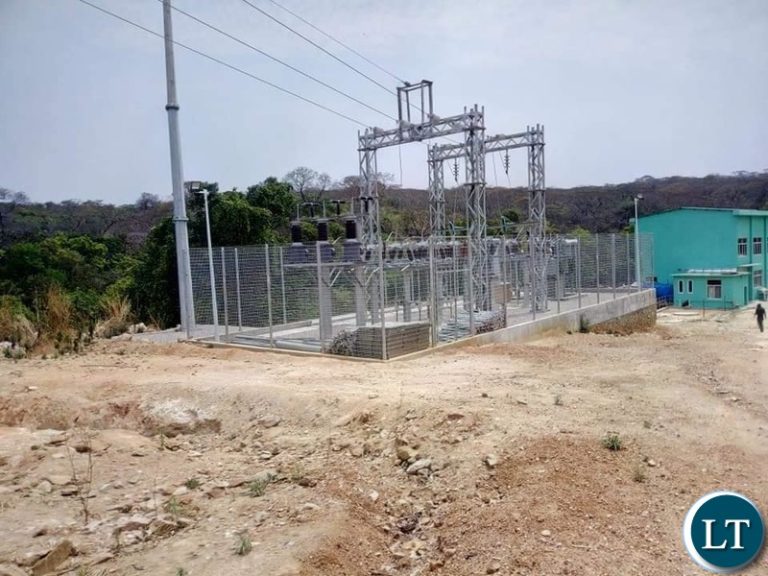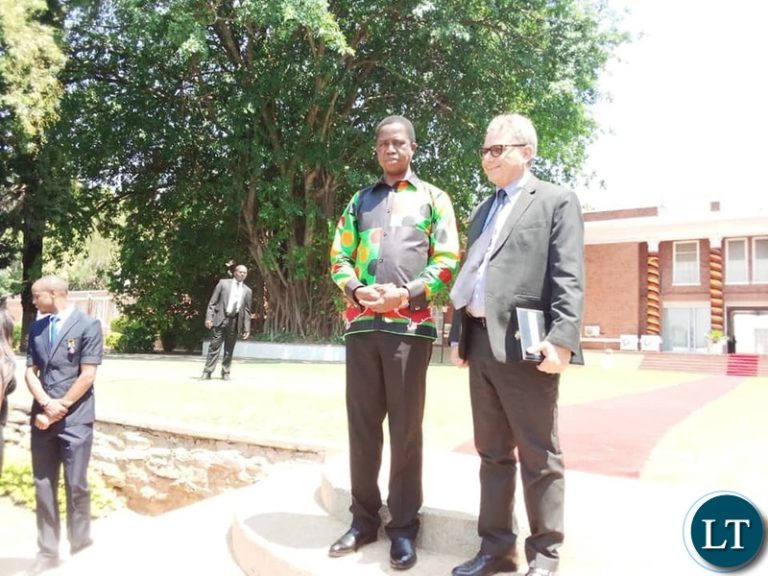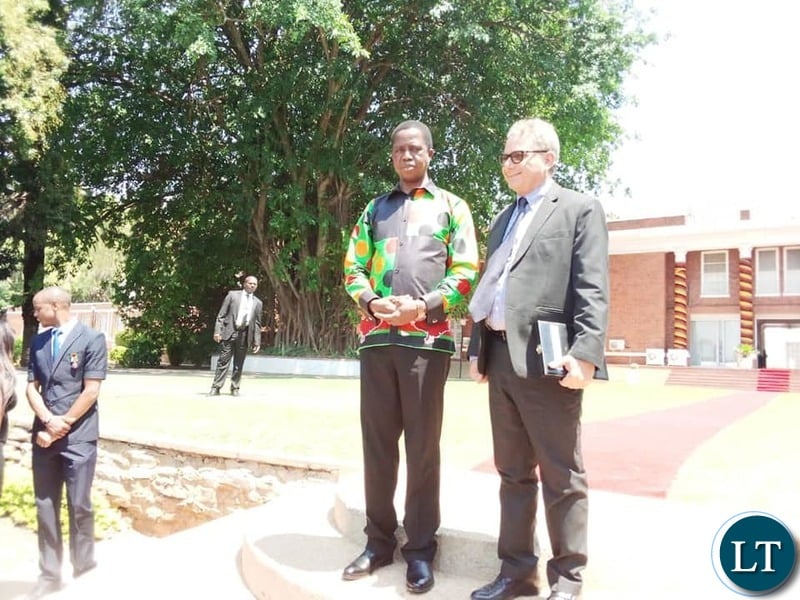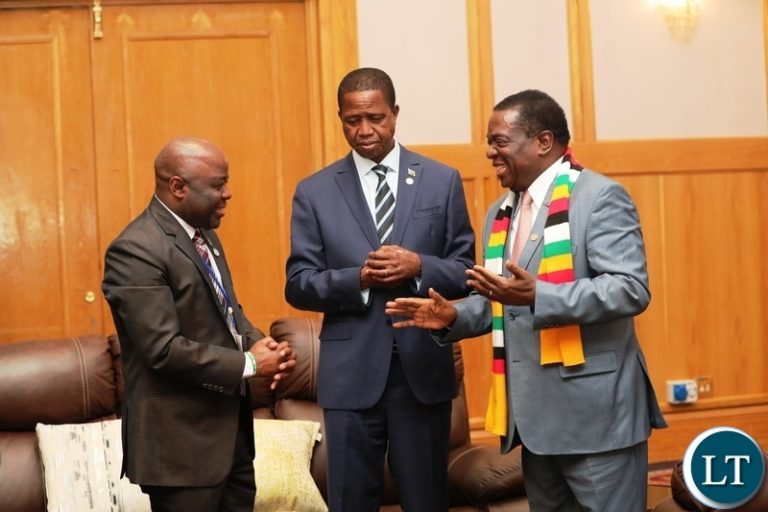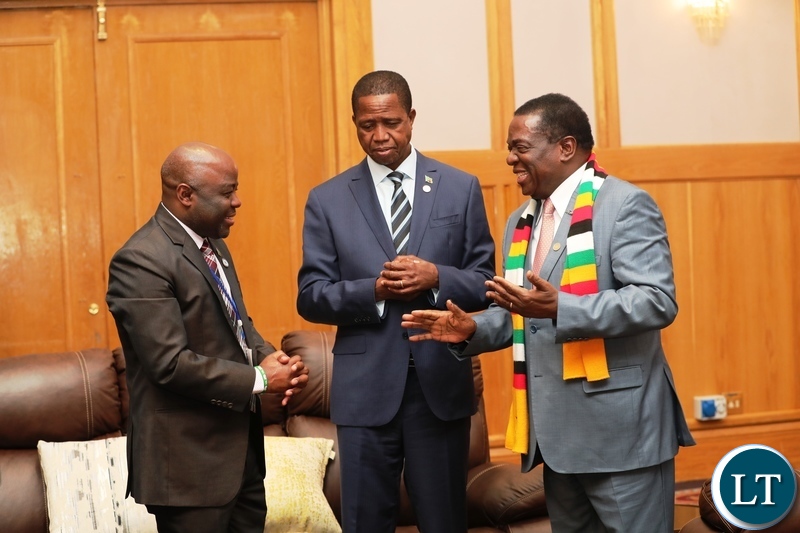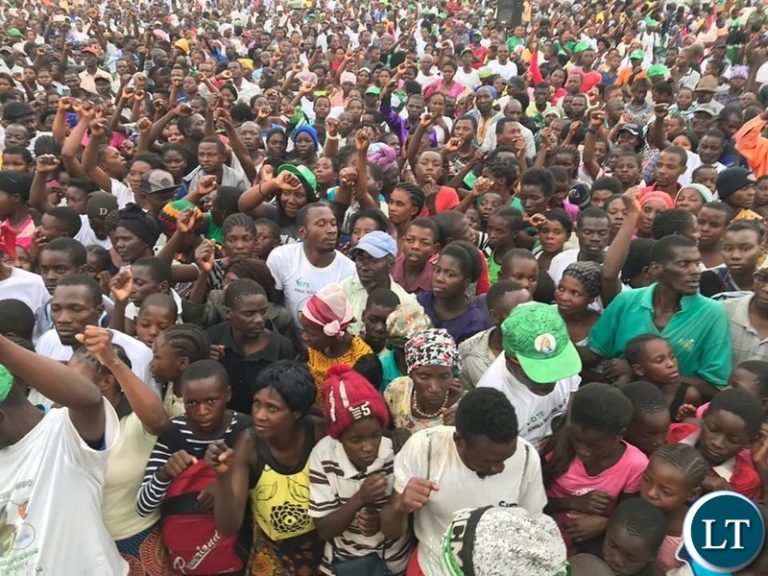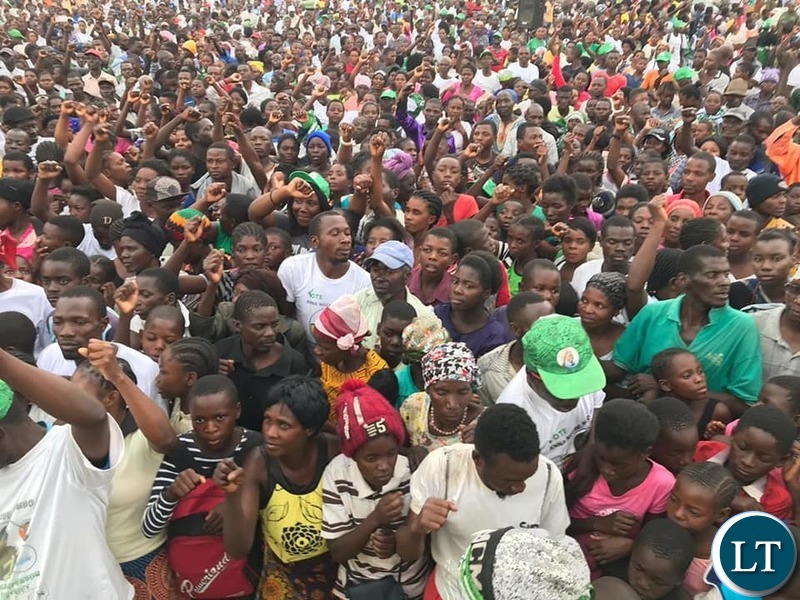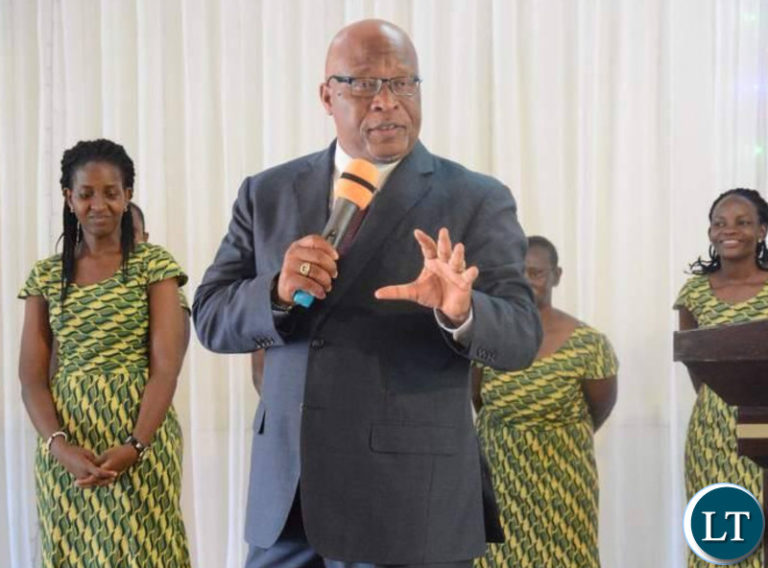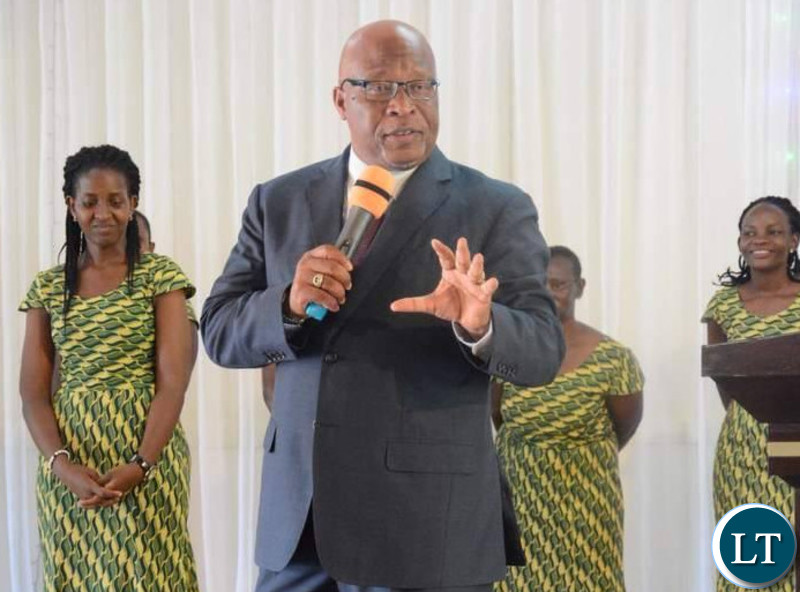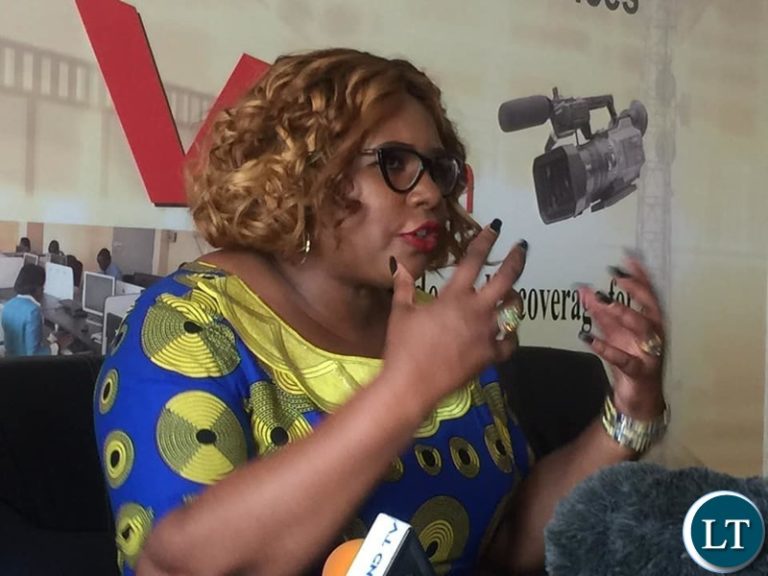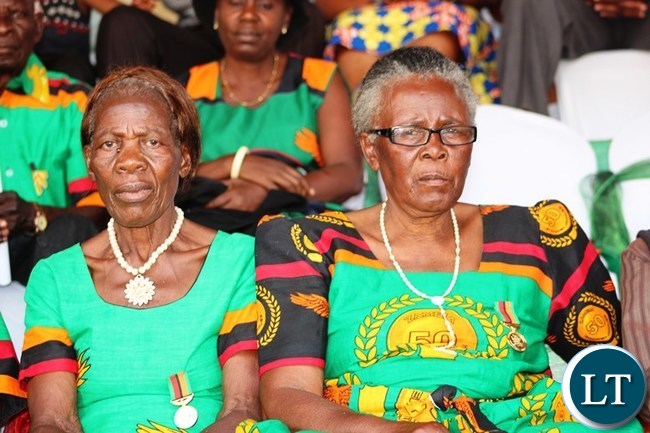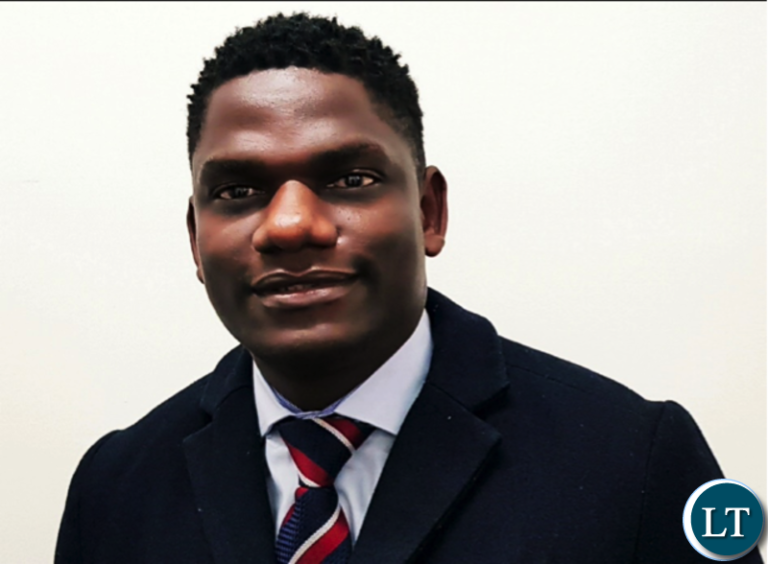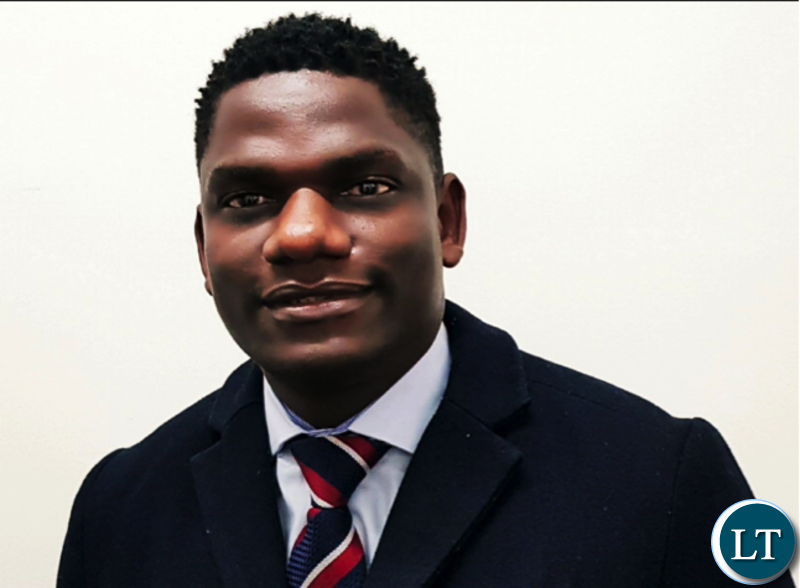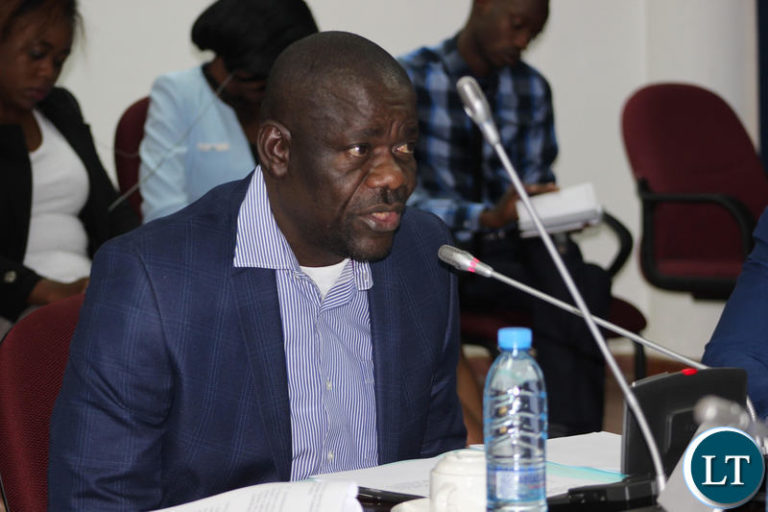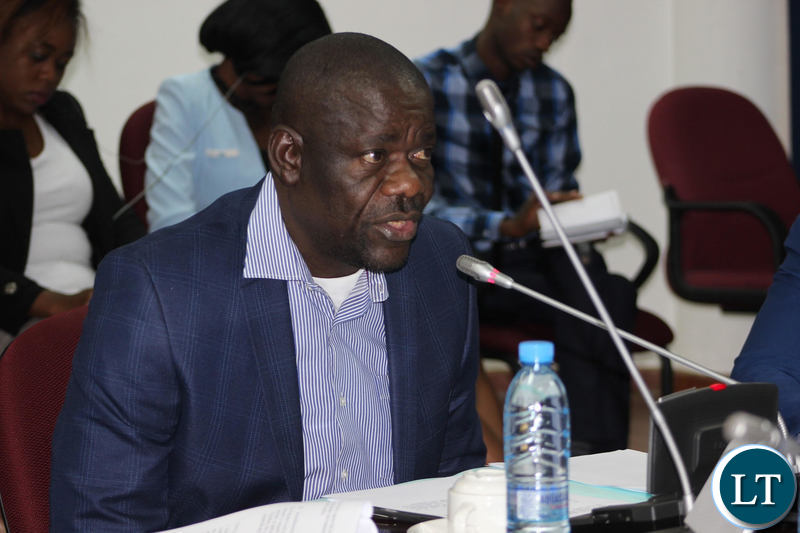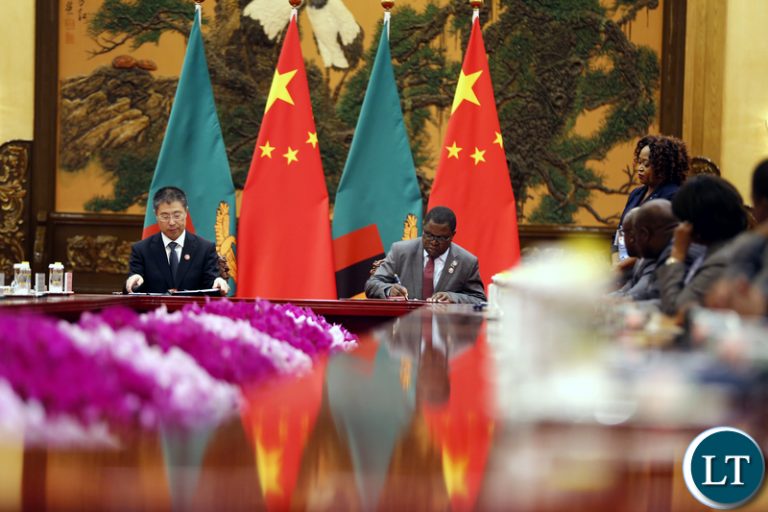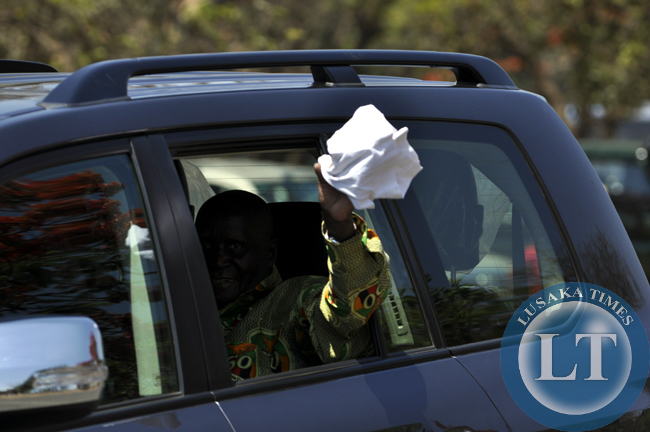
Excerpts from my book Chapter 16: Mwizenge S. Tembo, Satisfying Zambian Hunger for Culture: Social Change in the Global World, Bloomington, IN: Xlibris Corporation, 2012, pp. 385. USA $17.95, K224.00
By Mwizenge S. Tembo, Ph. D.
Professor of Sociology
Introduction
This chapter will explore how Zambia as a nation changed from several parties that existed just after independence in 1964, with UNIP being the most dominant, to the one-party state from 1973 to 1991, and to probably the most peaceful multiparty system in Africa that has existed from 1991 to the present day. The chapter will use the political economy approach in that it will explore how the politics and political leaders of the time, whether in UNIP or the opposition, influenced the economic decisions, and how these decisions affected the social lives of Zambians including both the positive and negative. The chapter will infuse some personal anecdotes so that the reader will have a feel for what it was like to be a Zambian living through some of the best and perhaps some of the most difficult and challenging periods in the country since independence on October 24, 1964. It will conclude with an overall commentary on how this political history, including the negative or ugly parts of it, is the foundation of Zambian politics today.
From Independence in 1964 to 1973
Independence Day 24 October 1964 was a day of celebration all over the new country of Zambia. At last the winds of change that were blowing all over Africa had finally arrived in Zambia. I was in Standard 3 or Grade 4 at Tamanda Boys Boarding Upper School exactly on the remote border with Malawi about 35 miles north along the Chipata-Lundazi Road. The entire school held celebrations on the football ground. Our teachers sent us to the bush to cut some leaves that we tied around our waists with fiber. The teachers had managed to collect a few drums from the surrounding villages and established more than six dancing stations on the football field. Each station had a different dance such as Mganda Tumbuka Dance, Nyau Chewa Dance, or Ngoma Ngoni Dance. Some of the stations even had women’s dances such as Chimtali and Chitelele although we did not have any girls at the school. During the entire morning, there was a loud deen of singing, drumming, and thumping of feet as all the students switched and rotated from one station to the next taking part in the different dances.
The immediate symbols of the new nation were not immediately visible to people like us who were living in the most remote parts of the country until several days later when a government Land Rover arrived the school. It had the old British Colonial number plate of N.R.G. (Northern Rhodesia Government) erased or rubbed off although still visible and replaced with G. R. Z. (Government of the Republic of Zambia). There was a new national anthem and a new flag. The feeling of national triumph, pride, and extreme euphoria prevailed throughout the entire country. Borrowing from and contradicting the European belief during colonialism in the 1880s that they were bringing light and civilization to Africa as a dark continent with ignorant people, the Kwacha and Ngwee, which was the inspirational cry and slogan during the worst days of colonial oppression, would be used as the names of the new Zambian currency instead of the British pounds, shillings, and pence.
“Kwacha” is a Nyanja word which means “dawn” and “Ngwee” means bright light as when the sun rises. During the mass political rallies while organizing the fight for independence, the political leaders would shout several times: “Kwacha!!!!!” The large crowds would respond in unison “Ngwee!!!!”raising their fists. In fact this represented to Zambians that British colonialism had brought darkness and suffering to the people. The struggle against colonialism would remove oppression and darkness and political independence and would bring light to all the citizens; hence “Kwacha” and “Ngwee” or “Dawn” and “bright light”.
The euphoria, widespread optimism, or the good feelings that engulfed Zambia and the entire continent of Africa were the popular expectations that independence or self-rule would bring a better standard of living, access to good jobs through expansion of industry, manufacturing, and improvement of agriculture, good pay, building of schools for education, hospitals, building roads, providing housing, maintaining freedom of movement and expression in a non-tribal and non-racial society. Many of the benefits had been uttered by the freedom fighters during the struggle as they addressed mass rallies. “UNIP leaders in their public utterances promised people, under the philosophy of humanism, more jobs, free education, free medical services, the removal of the colour bar in all social places, an egg a day for everyone, a glass of milk per day and a pair of shoes for everybody”[i].
Many of these expectations would be fulfilled immediately as Zambia in 1964 had a population of 3.5 million[ii] with 900 million pounds[iii] in foreign reserves. The country needed the urgent development of massive infrastructure in virtually all phases of the economy. What President Kaunda, the top leadership, and the Zambian people would discover is that the British colonialists had left them with almost nothing to run the newly independent country. Zambia had only 100 Zambians with university degrees, about 1500 Zambians with Form V or Grade 12 school certificates, and only 6000 with junior or two years secondary education[iv]. There was a critical shortage of manpower which could also be called a crisis for a country that had an urgent need to achieve high levels of development. The British colonial administration did not leave a reliable police force, an army or an air force. Zambia needed educated, trained, and qualified people in all areas.
The new government quickly implemented a series of national development plans. The first one was the Emergency Development Plan that lasted from 1 January to 31 December 1964. The second one was the Transitional Development Plan which lasted from1 January 1965 to 30 June 1966. The third one was the First National Development Plan that lasted from 1 July 1966 to 30 June 1970[v]. The objective of all these plans was to develop the country as soon as possible and especially to train qualified Zambian manpower. How did all these plans affect the ordinary Zambian?
It was one of the most exciting periods to be a citizen of the young country of Zambia living in the city as well as in the rural areas. As a Grade Six student at Tamanda Boys Boarding Upper School in a remote region of the Eastern province, the entire class was asked to participate in a national essay writing competition. The topic was: “What I Want the Government to do in the First Four Year National Development Plan from 1966 to 1970”. Instructions from our teachers were that the government wanted ideas from all citizens. I wrote my five page nicely handwritten essay and handed it to the teacher who posted it back to the Ministry of Education in Lusaka. I never heard who won the competition.
A few months later when I was in Grade Seven, the teachers told us there was a national campaign to build the University of Zambia. Each one of us was to donate one shilling which was ten ngwee to go toward the construction. After the donation we were all given a “University of Zambia” button to wear. That same year, the entire school received short wave radios which were used for teaching English and other subjects. Our English teacher, Mr. Lyson Mtonga (later to be my brother-in-law), brought the school radio to our classroom during the English period on designated days and times when there was a radio lesson. When the radio program started, we all listened attentively and as the instructor from the Radio Zambia in the Capital City of Lusaka asked us to repeat after him or her in the formulation of English sentences and pronunciation of English words and sentences we did so. All the individual words were then used in a sentence. Two of the sentences I still remember are: “Tim is ill give him a pill.” And “These teachers eat green beans”.
The Ministry of Education wanted to expand primary education so that every Zambian child would have access to 7 years of primary education[vi]. There were also development plans to accelerate and expand secondary education. As I lived in the remote part of Eastern Province, I noticed as a child what seemed like overnight, there were hundreds of bright new structures of primary schools all over the area. The government provided teachers, built teachers’ housing, provided desks, and installed the concrete foundation and metal structures supporting the iron roofs of all primary schools. All the local village Parent Teachers Associations (PTA) at each school were to organize the public self-help molding of bricks to build the walls around the structures. These projects provided a tremendous number of new jobs for bricklayers and builders in the rural areas.
My two older sisters had just completed their Standard Six at Kanyanga Catholic Boarding School. The demand for primary school teachers all over the country was so urgent that the government instituted a teacher training crash program. My two sisters, 17 and 19 years old, went to Minga Teacher Training College near Petauke for one year of teacher training. As soon as they completed their training they were assigned a school to teach. Their 2 husbands also attended a similar program. When I was attending From I (Grade 8) at Chizongwe Secondary School in 1967, many companies in Lusaka and the Copperbelt sent their recruiters to our school to interview the Form V school graduates to urgently occupy top paying jobs in many companies including Zambia Railways. It was one of the most exciting periods in Zambia’s history for all Zambians. We felt that opportunities for a better life were wide open and that the sky was the limit.


